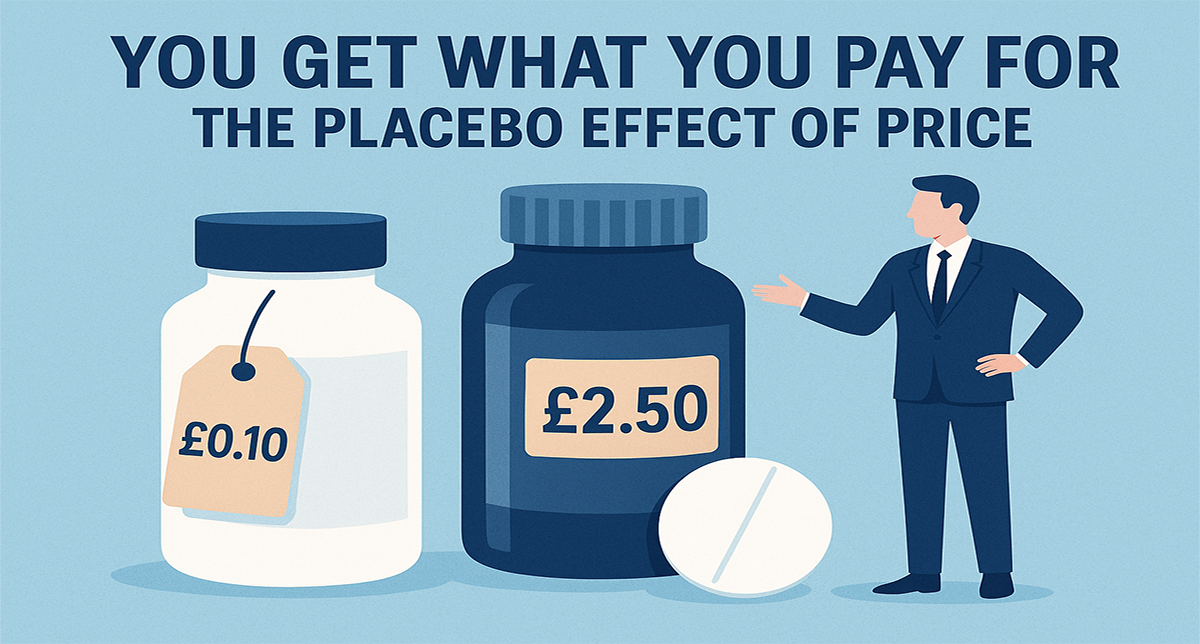What is a cognitive bias?
A cognitive bias is a limitation in rational thinking caused by the tendency for the human brain to take short cuts to save energy. Cognitive biases are coping mechanisms that allow the brain to process vast amounts of input. While the mechanism is very effective, its limitations cause errors in decision-making.
What is the ambiguity effect?
The ambiguity effect is a cognitive bias where decision making is biased by a lack of information (ambiguity). The effect leads people to select options for which the probability of a favourable outcome is known, over an option for which the probability of a favourable outcome is unknown.
When it comes to communicating sustainability credentials, in-store and online, be mindful that decision-making is often affected by a dislike of uncertainty. This makes people reluctant to try new things and limits their ability to recognise the long-term benefits of riskier decisions. In relation to sustainability, this means saving the planet for future generations, but at a higher price point.
So, how can we encourage people to shop sustainably?
Shoppers prefer options with a more certain outcome, even if they aren’t the best choice. So, if you want shoppers to switch to more sustainable things, there are a number of aspects you should consider.
Qualify the price
Although there are times when it is advisable to hide the true price, when it comes to sustainability, clearly offset the price of the item vs the overwhelming emotional gains from buying it. Specifically, if you are launching a new food product, it’s usually unwise to support it with a multibuy. Why should the shopper ‘risk’ buying 2 if they don’t know if they’ll like 1?
Minimise all risks
Reducing the perception of risk minimises the impact of ambiguity. You can achieve this by providing shoppers with a money-back guarantee, some form of warranty or cooling-off period.
Add expert endorsements
If you are unable to provide shoppers with all the information they need, consider using an ‘expert’ to promote your brand (think dentist in toothpaste adverts).
In summary, to avoid the ambiguity effect in relation to sustainability purchase, emotionalise the price, minimise perceived risk of shopping more sustainably and be clear about what your brand offers. A few simple steps can enhance customer shopping experience and leverage your sustainability initiatives to improve the performance of your brand.






